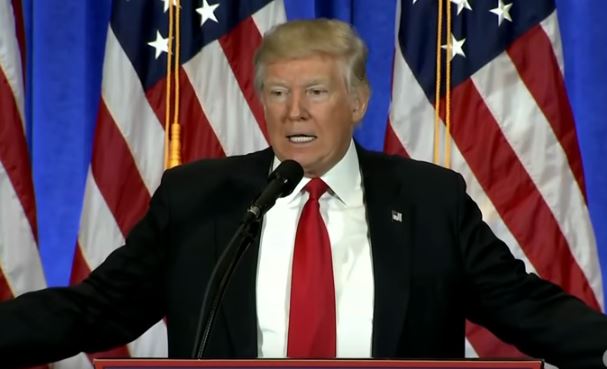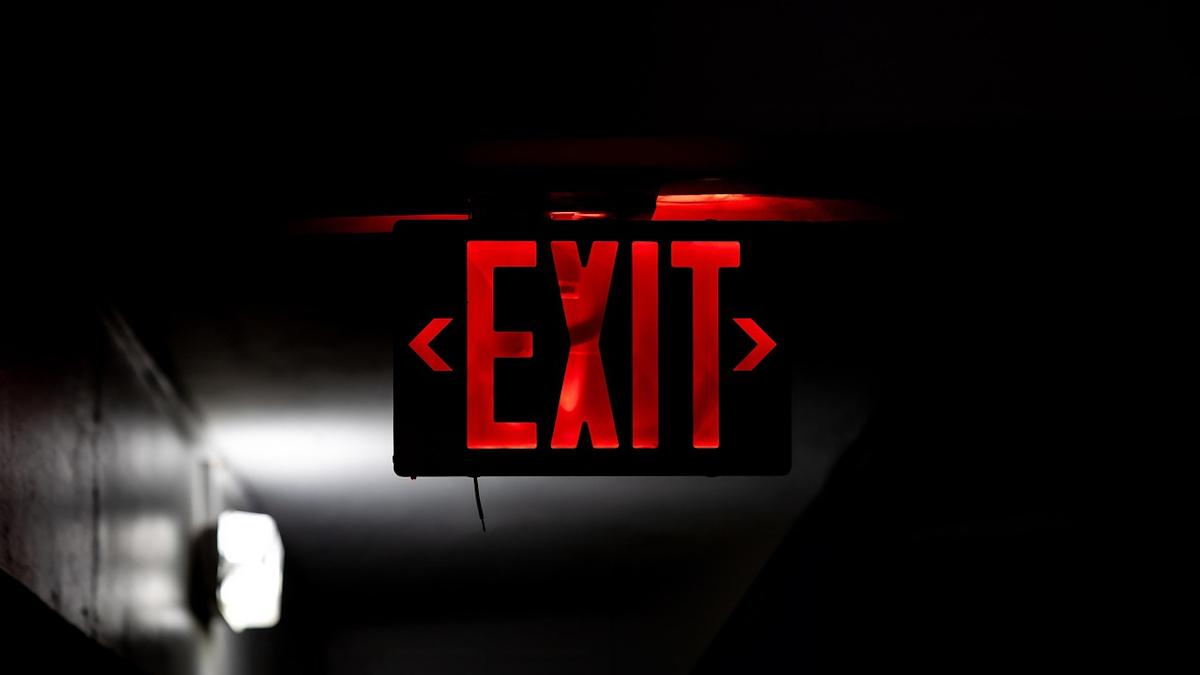After healthcare defeat, markets fear Trump's tax plans will be blocked

President Donald Trump’s attempt to repeal and replace his predecessor’s healthcare law has failed – and has sparked a decline in markets which now fear his ambitious budget plans will also be blocked.
Trump’s Republican party pulled the legislation repealing Obamacare from the floor of the House of Representatives on Friday afternoon after it failed to gain enough support, largely because of opposition from within the Republican party.
The effect of the crushing defeat for investors was steep losses for shares in major firms. Companies such as Pfizer, Roche and Amgen saw their share price steadily head south as it became clear the health legislation would not be passed.
That's because investor fears that Trump's next big idea, his budget and tax reform will also be blocked in Congress. This means the economic stimulus of lower taxes and infrastructure spending may not come to pass. Trump's plans also include cutting corporate tax rates to 15%, but Democrats have already pledged to filibuster the reforms.
Markets have been buoyant since Trump's inauguration because of the promise of new spending, but fear these plans will meet the same fate as his health reforms has deflated optimism.
What now for healthcare?
While the president has reportedly said the AHCA will not return any time soon, he has been keen to portray Obamacare as a “failing” system, and has undermined it by withdrawing funding to promote new enrolments.
This leaves the door open for another attempt to repeal Obamacare should its performance begin to falter – something the president could engineer using executive powers and his unique campaigning style.
The system relies on citizens signing up for new schemes, and the support of insurers, and Trump could attempt to undermine these two key pillars by failing to promote them and publicly criticising Obamacare.
Last month, there were 9.2 million sign-ups on a federal insurance exchange during this year’s enrolment period, down from 9.6 million the year before. Figures from state exchanges are due out this month.
Along with doing nothing to encourage new sign-ups, Trump can also do nothing to encourage new insurers to provide services on the scheme.
Insurers including UnitedHealth, Humana and Aetna have left the exchanges on which many Americans buy their schemes, driving up premiums.
Health insurers have until June to decide whether to sign up for the exchanges – and a lack of promotion, and likely public criticism from Trump of Obamacare will hardly encourage newcomers.
And with a long-time opponent of Obamacare, Dr Tom Price, in charge of the Department of Health and Human Services, Trump has the right personnel in place to continue with the repeal campaign via the back door.
But one reason for the reform's spectacular failure was Republican wariness about its unpopularity - a relevant factor when mid-term elections are less than 18 months away.
Nearly half of American adults said the Republican healthcare reform measure is "not an improvement" over Obamacare, according to a Reuters/Ipsos opinion poll released on Friday.
The AHCA was expected to cut the federal deficit, but see around 24 million the Americans lose their health insurance.












